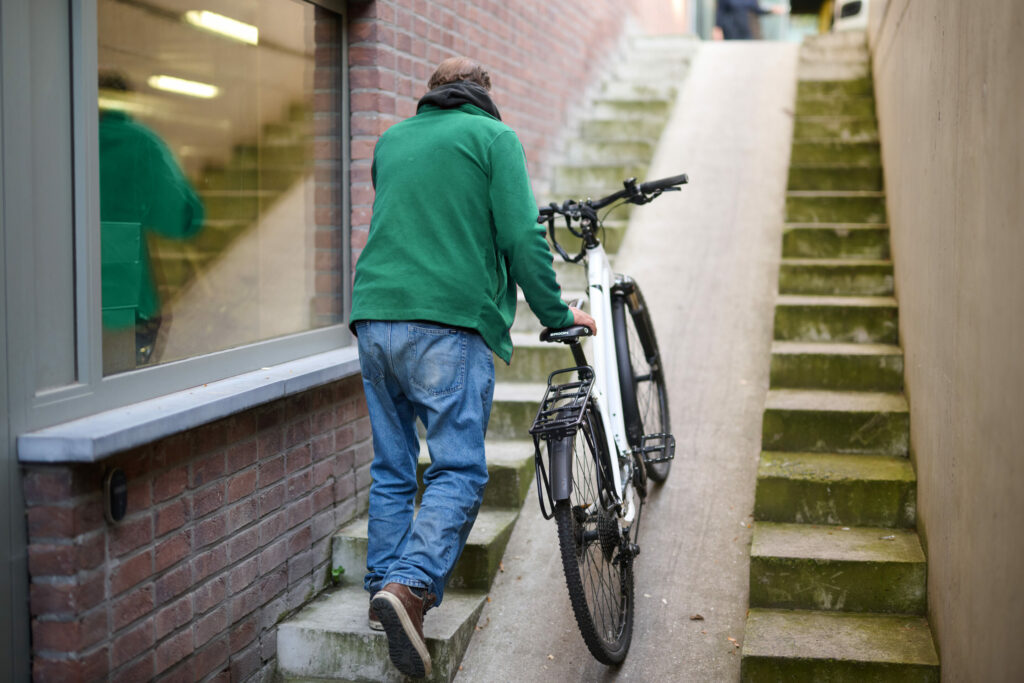Non-profit Bruss'Help unveiled its 'Master Plan' to end homelessness in the Brussels-Capital Region by 2029 on Monday.
The Master Plan consists of 35 measures to end homelessness spread across four stages, to "develop a global strategy to combat this phenomenon in collaboration with all relevant actors." Collaboration between healthcare, justice, youth services, migration and police is central to the policy.
Phase one focuses on homelessness prevention through the provision of housing. Bruss'help urges the Regional Government to moderate rent prices, fight against discrimination in the housing market and increase the overall housing supply.
Secondly, steps must be taken to shorten the duration of homelessness, which will mitigate the issues associated with long-term precarity. One such measure would redefine emergency housing: two-thirds of the emergency accommodation currently in existence would become "transitional", meaning quicker accession to a regular housing network for affected individuals.
Support services must be optimised too, says Bruss'Help. Assistance should cover multiple bases such as substance abuse and mental health issues. As it stands, 50% of people sheltering in metro stations struggle with drug and alcohol addiction while 40% struggle with mental health.
The final phase deals with structural inequality and violence. Bruss'Help aims to introduce "ethical and socially acceptable" support procedures to avoid "invasive or paternalistic" interventions.
Need for coordination
There are over 7,000 people living on the streets of Brussels, by Bruss'help's latest count. This number has increased steadily in the past two years, and homelessness support services have found themselves saturated and therefore unable to meet the needs of a population living in extreme precarity. The sector went on strike for the first time in five years in March as a way to highlight how stretched infrastructure is.
Much like the Master Plan, previous actions and documents draw attention to the need for collaboration between different forces in the capital. In a memorandum issued last month, the sector stated that "an integrated, cross-cutting and coordinated approach is essential".
The document went on the recommend that all homelessness issues should be entrusted to a single federal minister and that the region should adopt "a strategic and quantified regional plan to prevent and combat homelessness" that is in line with Belgium's international commitments (the EU has committed to ending homelessness by 2030).
Over 200 professionals and individuals with homelessness experience contributed to the Master Plan, which is intended as a guideline for the next political mandate following federal elections on 9 June.

